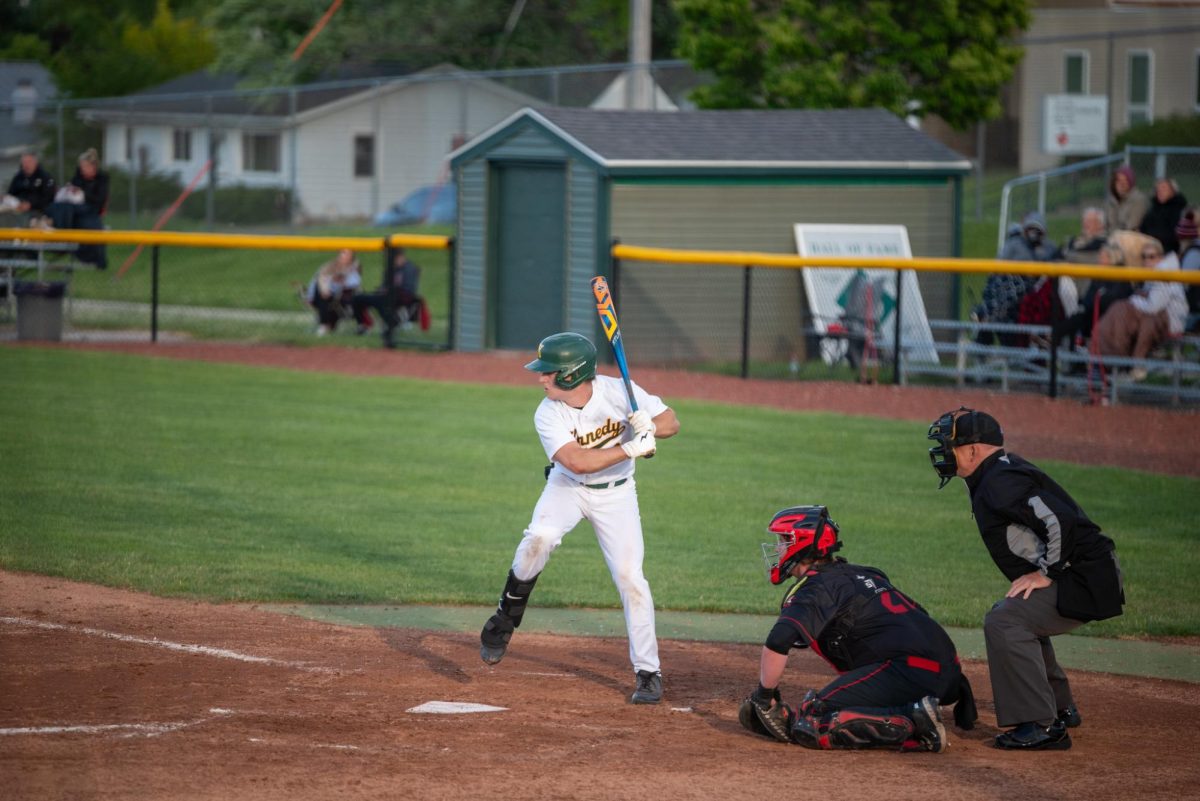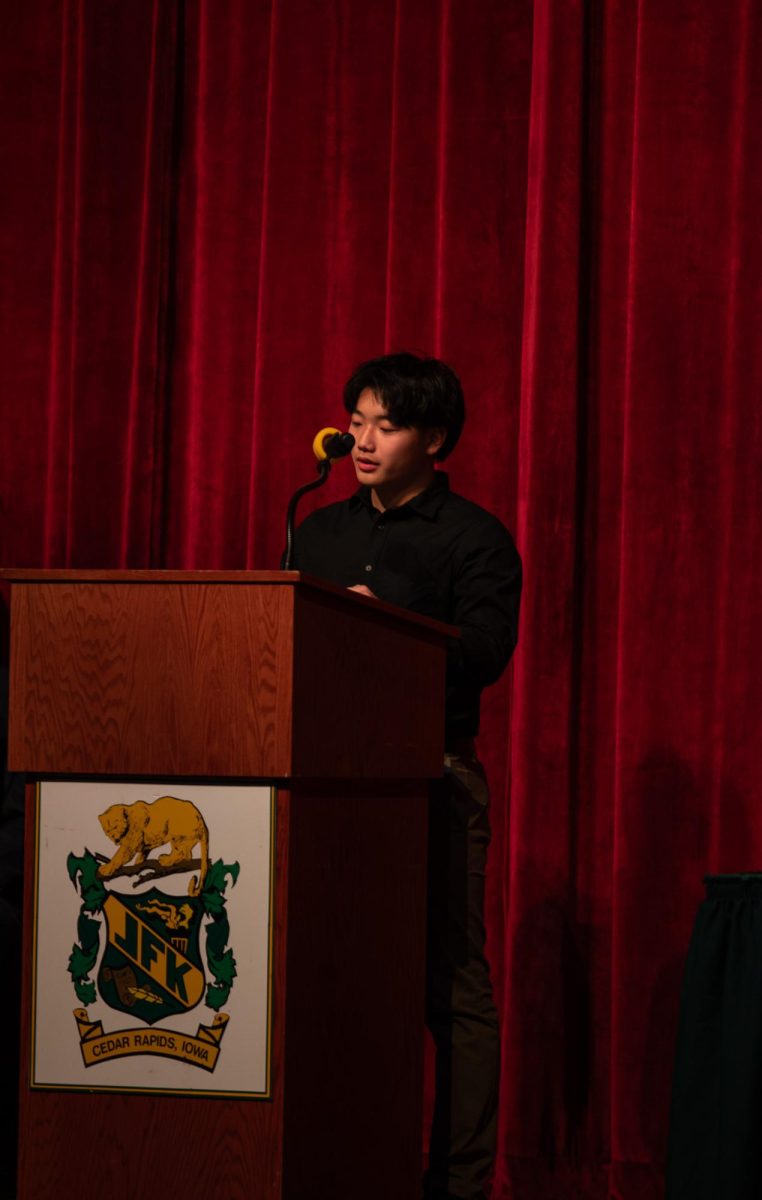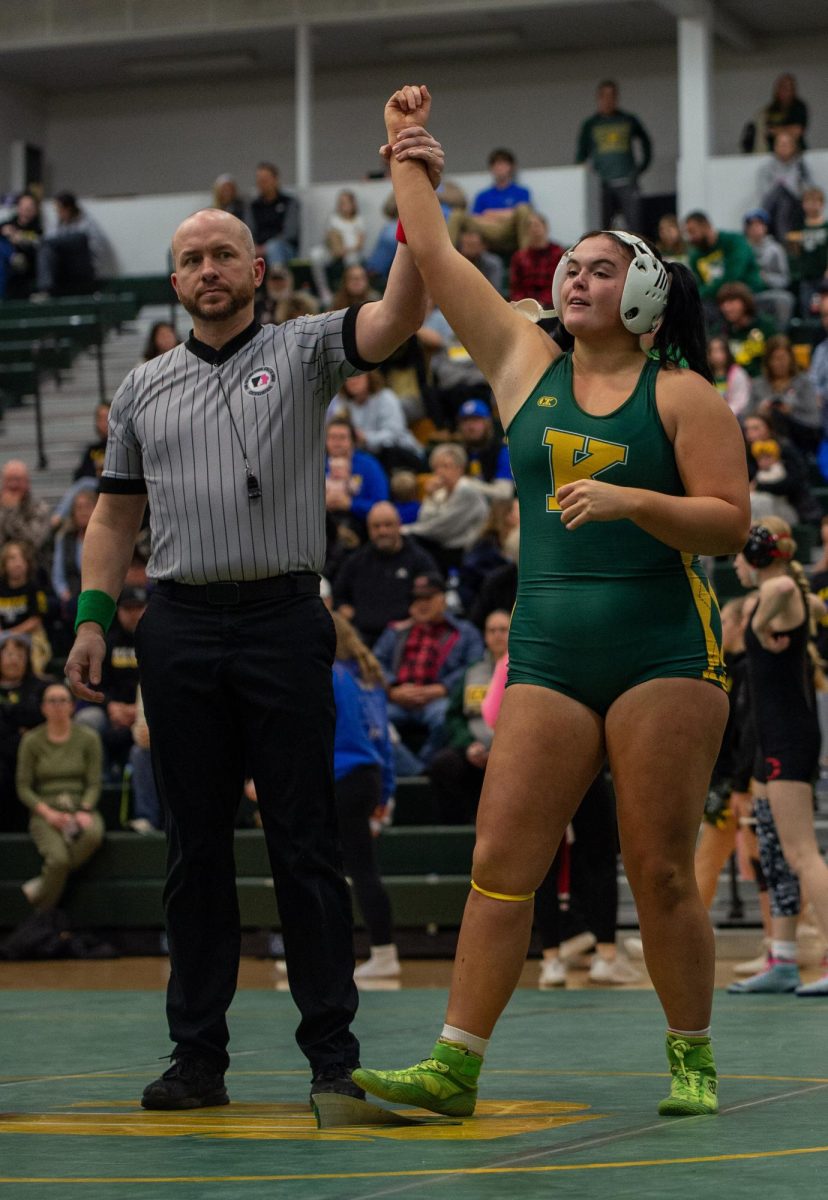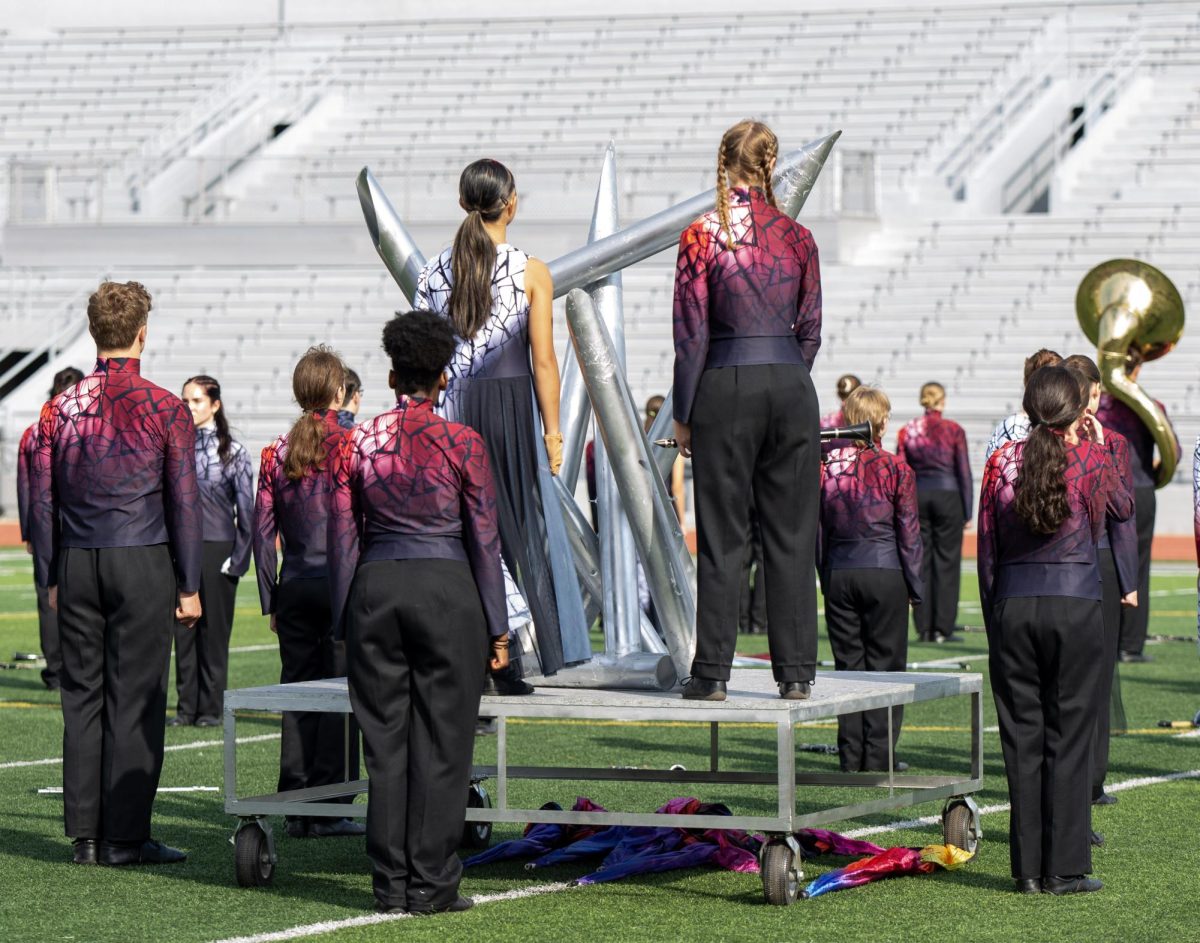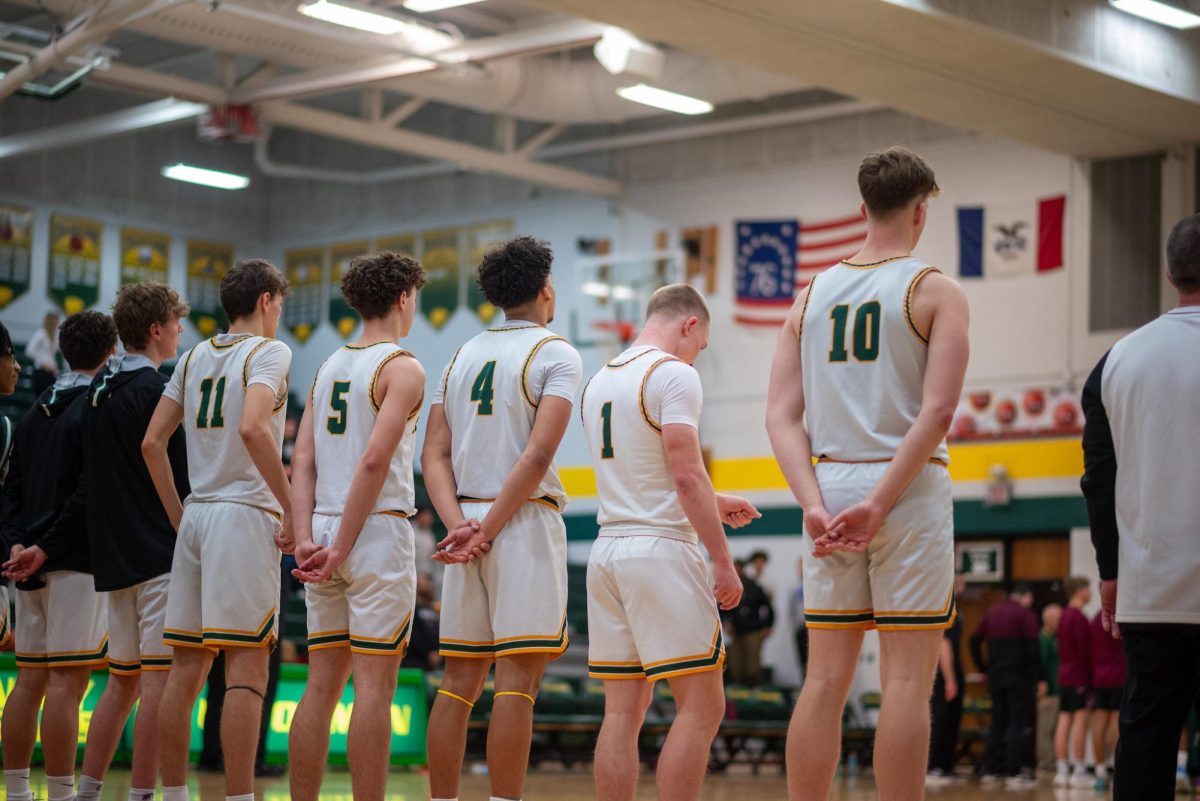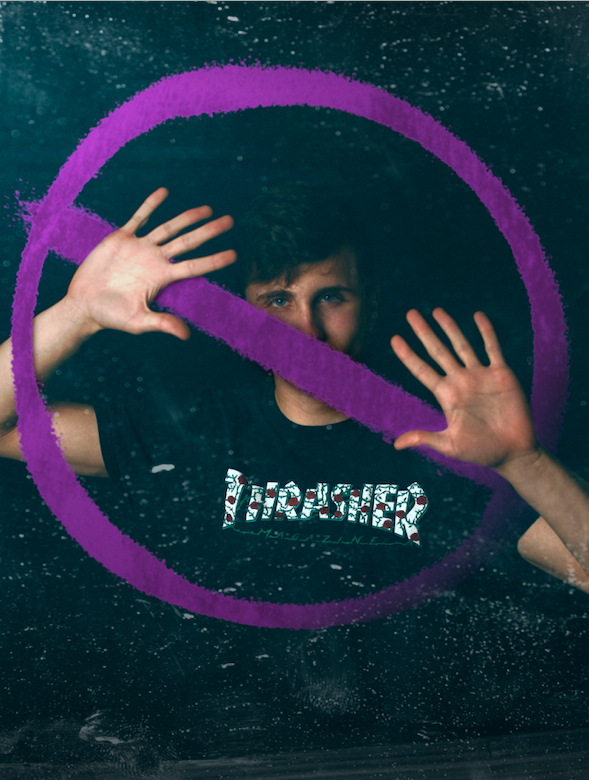Should Cancel Culture Be Canceled
Edited by Ashton Nanke
February 4, 2020
In a world of media, people are often perceived from different angles. From James Charles, an online phenomenon, to Carson King, a local celebrity, many people are being ‘canceled’ for their past actions. Canceling is the act of publicly destroying an individual’s reputation. The action most commonly takes place on social media, specifically Twitter. This phenomenon is referred to as cancel culture.
The act of ‘canceling’ occurs when people who dislike the individual will do a deep dive into their content and old social media posts. They do this in order to pull out anything that could potentially begin an outrage. After people share these old posts, the media begins to manipulate it and then use it as evidence against the individual. This causes a possibility of immense harm to their reputation.
Some people attempt to justify cancel culture because celebrities will begin to face repercussions for their actions. Other people believe that it is unfair and cruel.
People will go to extreme measures to destroy an individual’s reputation by pulling the most miniscule errors from their past, whether it’s deserved or not.
Carson King published two racist tweets at the age of 16. As a teen the prefrontal cortex which is in charge of decision making and judgement is not yet fully developed. This allows room for error. Yes, King published the racist tweets, but we all learn as we grow up. However, cancel culture uses our youth and inexperience against us.
People are held accountable for everything they put onto social media. 30 years ago, that was not an issue. People didn’t have to worry about their every move being recorded and kept until the time that someone hiding behind a computer screen wants to use it for revenge.
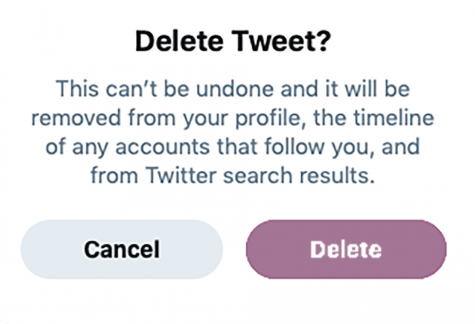 As social media has become more prevalent people have started to demand cancel culture. And the truth is people enjoy it. Cancel culture has the ability to increase their status by giving them ‘clout’ and allows people to share enemies. Since it is done behind the screen, there are little to no consequences and not many are afraid to supply. This creates something that will only continue to snowball.
As social media has become more prevalent people have started to demand cancel culture. And the truth is people enjoy it. Cancel culture has the ability to increase their status by giving them ‘clout’ and allows people to share enemies. Since it is done behind the screen, there are little to no consequences and not many are afraid to supply. This creates something that will only continue to snowball.
The relevance and structure of cancel culture has changed dramatically due to social media. As people spend more time online, issues such as cancel culture continue to grow.
As teens in highschool, we have a close connection to media and the celebrities that create it. We use only our opinion to judge them. However, we cannot judge people on the basis of what is posted on social media. We have been able to see that most of what is shared on social media is either a stretched truth or simply just false.
We take this false or stretched truth to apply a negative opinion to the victim. Even though we are aware that this is most likely being done with the intent of harm.
Though the act of canceling is not always permanent, intentionally hurting someone’s reputation causes cancel culture to grow and become more accepted. Since cancel culture has the ability to grow rapidly we are not learning from it. It is not helping people grow from their mistakes, it penalizes them. We do not mature by intentionally spreading a negative impact.
We cannot allow cancel culture to grow anymore than it already has. Instead, we need to address the situation appropriately and attempt to help people grow from their mistakes.
As teens we need to realize that there are consequences to our actions. Just because we are young and have the ability to make mistakes doesn’t make it okay. Grow up, and let’s cancel cancel culture.

